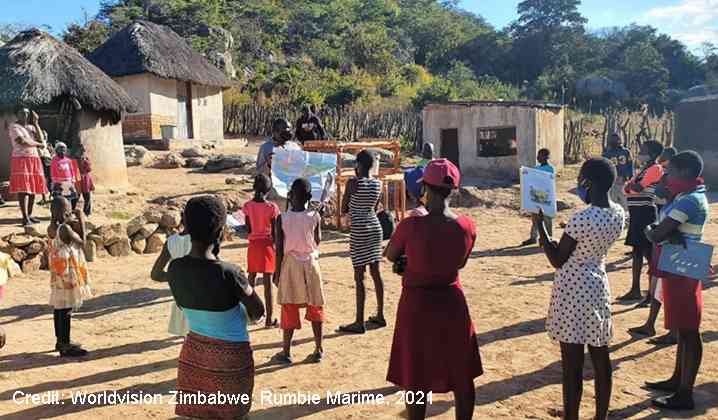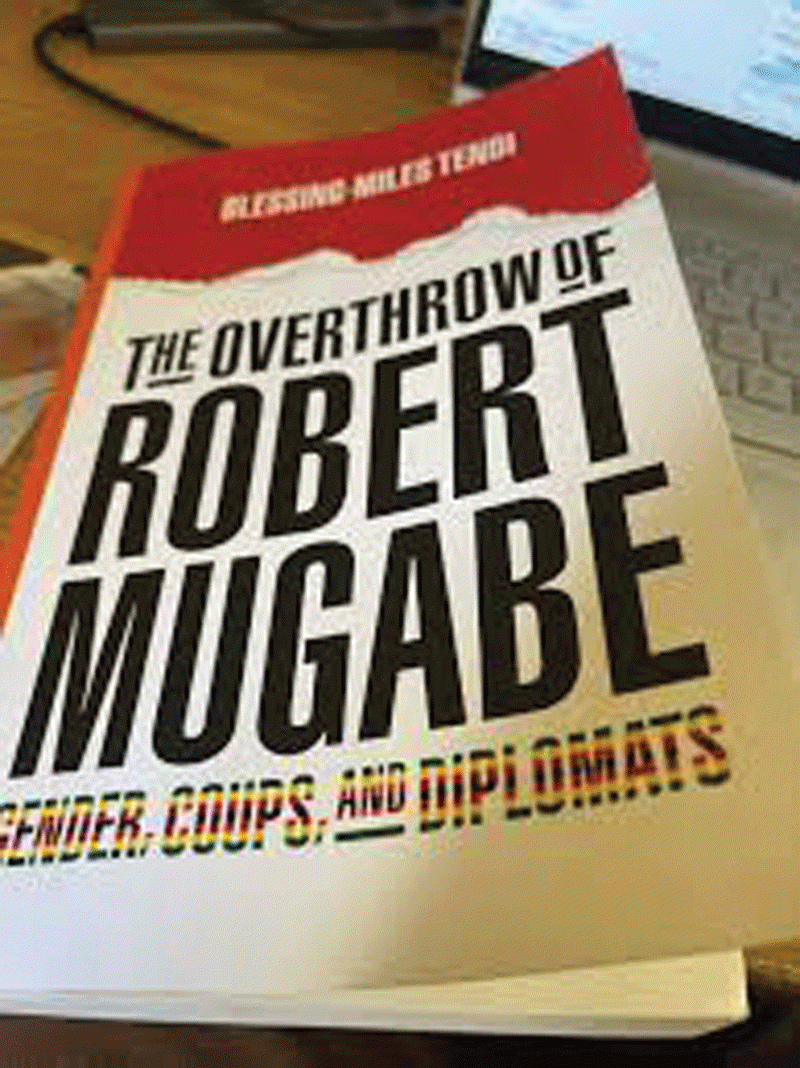
IT’S good to find a “new” hotel group and learn that the alleged Johnny-come-lately operators can teach hospitality’s old dogs a trick or two.
This was the experience of a group of tourism pros (travel agents and writers) staying as guests of Sarova Hotels in the famous Maasai Mara Game Reserve, Western Kenya recently.
Kenya —— probably as most established tourist destinations —— has suffered a potentially disastrous drop of around 35% in arrivals of traditionally lucrative, well-heeled safari and beach holidays clients from the First World, due to the global recession and possibly last year’s political upheavals there.
Unlike Zimbabwe’s fatuous “Look East” policy, Kenya very rapidly (two weeks from conceptualisation to first opinion-formers arriving on Kenya Airways) saw her own potential salvation in regional arrivals.
OK, so the pressing need for an annual vacation is not as ingrained into the very mixed populations of Africa as it is (say) in the British, who invented the seaside break, the French and Yanks, to whom a vacation is almost sacrosanct.
But those folk are now often holidaying nearer home.
Even breezy, brassy Blackpool is making a comeback!
- Chamisa under fire over US$120K donation
- Mavhunga puts DeMbare into Chibuku quarterfinals
- Pension funds bet on Cabora Bassa oilfields
- Councils defy govt fire tender directive
Keep Reading
Almost every American and Canadian I met on a New Year Caribbean cruise (4 000+ of 4 700 passengers on the Independence of the Seas) saw the voyage as a “holiday at home”, despite the terminus of an eight-day cruise being Belize, Central America (née British Honduras) then two more day-long halts at Mexican harbours!
Maybe it’s because the very thin-on-the-ground functionaries of these republics (probably fighting drugs?) didn’t demand anyone’s passport or travel documents.
There were no customs, immigration or police formalities at any port of call.
I’m unsure if Americans need passports to leave and re-enter the USA, but it looked as though nearly 5 000 illegal immigrants could have “jumped” ship, taking up residence in jungles and mangrove swamps, had they wished.
But I digress (as usual!) Â
There was a huge WOW factor on pulling into the shaded gates of Sarova Mara Game Camp, a lush-green oasis in the drought-stricken Maasai Mara Game Reserve.
Don’t ask me when the stately “Masai” pastoralists and warriors of my schooldays became “Maasai”: I made much effort to find out in Kenya where the extra “a” came from: fruitlessly.
With under a week between returning from Nairobi, via Lubumbashi, in the so-called Democratic Republic of the Congo and leaving for Durban and a three week cruise avoiding Somali pirates through Indian Ocean islands, Egypt, Jordan and the Med to Naples and Genoa, Italy, I meant to put the conundrum of the Masai/Maasai spelling to Professor Google and/ or Dr Yahoo, but Mr M-Web wouldn’t co-operate in the time on hand.
Many folk call our Victoria Falls the eighth wonder of the world, but East Africans make that claim about Maasai Mara, with its wonderful array of breathtaking fauna and flora in spectacular rolling savannah.
Considering that this pride of Kenya’s state-of-the-art national parks abuts – unfenced – Tanzania’s sprawling Serengeti, that claim has some justification.
The Big 5 abound and it’s here the world-famous annual migration of plains game led by perhaps a million wildebeest is witnessed.
We didn’t see all the bundu’s Big 5 (lion, buffalo, leopard, elephant and rhino) there. The latter were missing, as they are throughout most of Africa and you need much luck to spot leopard in the wild nowadays.
We did see huge herds of buff, healthy populations of elephant (but Chobe, Botswana, is tops for jumbo) and several lion prides, including two small groups on different, very fresh, zebra kills.
If we drew a blank with rhino in Maasai Mara, we triumphed later, spotting about a dozen (including two totos) in separate “crashes” (that’s the collective noun for rhino!) at Lake Nakuru.
“Nakuru” means “haven of the waterbuck” in Kiswahili and we certainly saw many fine examples of this distinguished looking animal, whose meat is virtually inedible.
With its flocks of hundreds of thousands of pink flamingo, dopy-looking pelicans, spoonbills, avocet, rails, stilts, cormorants, jacanas, hideous marabou storks and scores of raptors, including magnificent African fish eagles with their haunting calls, Lake Nakuru, at the very heart of the Great Rift Valley, is home to more than 450 bird species and truly is an ornithologist’s paradise.
We stayed one night at Lake Nakuru Lodge, centred on a pre-independence farmstead. It wasn’t the high-spot of an otherwise splendid eight-day whistle-stop tour (see next Sunday’s Standard); we cast covetous eyes on the ultra-luxurious, but sadly fully-booked Sarova Lion Hill Lodge on leaving the park next day.
At the gate we saw a pair of lion in the middle distance stalking unidentified prey on a thinly vegetated kopje.
A first for all of our group was a “cackle” of hyena cooling off, lying up to their ugly snouts in the shallow rank-smelling alkaline lake.
Usually scavengers and disposers of carrion, it is not unknown for these repulsive beasts to snatch an odd flamingo coming too close, our guide, Jeffrey said.
Sarova Hotels own six blue-chip hotel properties in Kenya and three in the UK.
lSarova Central Reservations: Box 72493,00200 Nairobi, Kenya. [email protected]
BY DUSTY MILLER











